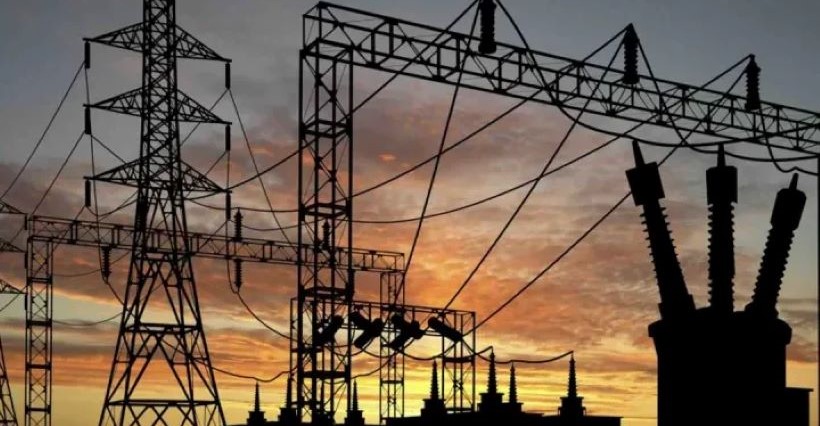(3 Minutes Read)
The Nigerian Government signed a £17.9m fund agreement with the European Union and the German Government to provide support to Nigeria’s off-grid electricity project. The project launched under the third phase of the Nigerian Energy Support Programme (NESP) is to foster investments in renewable energy, energy efficiency and rural electrification.
The programme, according to the EU, will enable 154,000 people to access electricity and connect 30,000 others to clean cooking gas, while eight megawatts of electricity will be generated in the third phase. The NESP was commissioned in 2013 as a technical assistance programme co-funded by the European Union and the German Federal Ministry for Economic Cooperation and Development and implemented by the Deutsche Gesellschaft für Internationale Zusammenarbeit in collaboration with the Federal Ministry of Power.
Speaking at the launch and steering committee meeting of NESP III, the Head of Section Green and Digital Economy at the European Union Delegation to Nigeria and ECOWAS, Inga Stefanowicz, stated that achieving a cleaner future is the business of all stakeholders. She explained that the EU has not only continued to support the Nigerian government to achieve its energy security plans but to also achieve a sustainable energy future through the increase of renewables in its electricity mix. Achieving just energy transition is a business for all stakeholders. The EU has partnered with Nigeria to launch this goal for many years to achieve sustainable energy, energy security, energy efficiency, access, and clean energy.
Read Also:
https://trendsnafrica.com/nigeria-faces-total-power-breakdown-affects-industry-and-households-alike/
The EU has recently commissioned an additional €9m, which increases the total budget of the NESP programme to €17.9m. This shows Germany’s and its partners’ continued commitment to support Nigeria’s set targets in the Energy Transition Plan.





